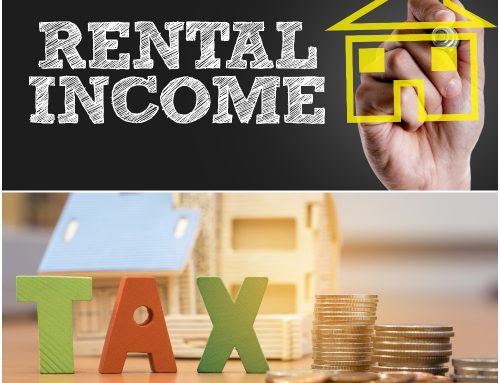VAT Welfare Exemption: Was The Appellant ‘State Regulated’ And Was EU Law Correctly Implemented Into UK Law, And If Not Did EU Law Have Direct Effect?
Summary
The appellant believed that its supplies were exempt under VAT Welfare Exemption as welfare services and applied to de-register for VAT. HMRC refused the application for de-registration on the grounds that their supplies were subject to VAT at the standard rate.
Background
The appellant provided day-care to vulnerable adults with learning difficulties. The appellant provided their ‘students’ with education, activities, and entertainment during working hours, Monday to Friday, providing meals and, where required, assistance with eating, administering medication, and personal care. They also provided the transport to bring the students to and from their homes. Funding for these services was provided through local authorities that paid a fixed sum to ‘students’ or their carers, who then spent it with day care centers either approved or run by the local authorities.
HMRC accepted that the appellant provided welfare services. The provision of welfare services was exempt under the VAT Act 1994, Schedule 9, Group 7, Item 9, but only where it was supplied by a specified type of entity. Those were:
- a charity
- a state-regulated private welfare institution or agency, or
- a public body.
The appellant was not a charity but a profit-making company. As a privately-owned company, it was not a public body either. The only possible category for the appellant was ‘a state-regulated private welfare institution or agency’ and HMRC did not accept that the appellant fell within it.
The appellant’s case was that it was state-regulated because its staff was regulated by the Disclosure and Barring Service (DBS) and secondly it was exempt under the direct effect of EU law, which the UK welfare services exemption had failed to properly enact.
The DBS checked that staff were suitable for their posts and did not have a criminal record. HMRC argued that this was not sufficient and did not in itself make them state regulated. The Tribunal agreed with HMRC on this point.
Item 9 implemented Article 132(1)(g) of the Principal VAT Directive 2006/112/EC (‘PVD’) which provided: ‘the supply of services …. by bodies governed by public law or by other bodies recognized by the Member State concerned as being devoted to social well-being’
The appellant’s case was that the PVD granted an exemption to its supplies of welfare services, that exemption was directly effective, and therefore its supplies were exempt, irrespective of the terms of UK legislation. EU law gave exemption to bodies ‘recognized’ and not merely ‘regulated’, as stated in the UK legislation.
The appellant argued it was largely state-funded and was devoted to social well-being, and therefore was eligible to be ‘recognised’ by the UK government if it chose to do so; the UK had a discretion not to recognise such bodies, as long as it respected the principles of equal treatment, fiscal neutrality, and so on. The appellant, therefore, had to show there was an actual breach of fiscal neutrality.
The evidence was that funding came from the local authority and would not be raised to take account of the VAT charged by the appellant when compared to the exempt charges made by local authority day care centers, as they qualified as a ‘public body’ and was therefore at a competitive disadvantage. The Appellant also argued that in some of the devolved regions, day care centres were regulated and so qualified for exemption as state regulated private welfare institutions.
Decision
The Tribunal concluded that the UK unlawfully exercised its discretion in choosing the regulation of welfare facilities as the criteria by which suppliers devoted to social well-being are ‘recognised’ for exemption, and that was because the law on regulation was devolved, leading to discrimination and a lack of fiscal neutrality in VAT treatment between different suppliers offering identical services but situated in different regions of the UK. The appeal was allowed.



